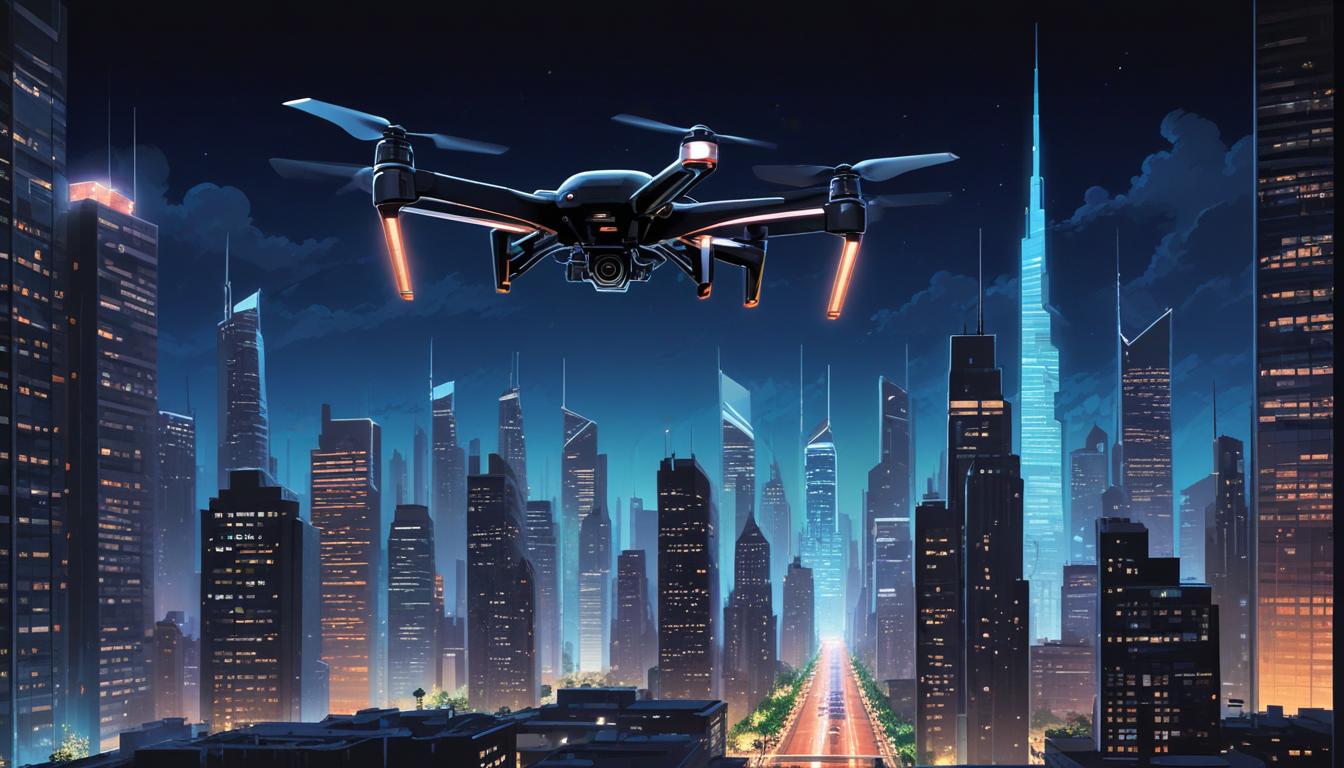The intersection of advanced technology and national security has entered a new era of complexity and uncertainty, marked by the increasing prevalence of autonomous systems and artificial intelligence in both civilian and military applications. This development represents a watershed moment in the evolution of technological capabilities, raising profound questions about security, privacy, and the future of human society.
The rapid advancement of drone technology has transformed from a niche hobby and commercial tool into a cornerstone of modern military and surveillance capabilities. These systems have grown increasingly sophisticated, with some platforms reaching sizes and capabilities that would have seemed impossible just a decade ago. The implications of such development extend far beyond simple aerial reconnaissance, touching on fundamental aspects of national security, privacy rights, and the balance of power between state and civilian actors.
The military applications of autonomous systems represent perhaps the most significant paradigm shift in warfare since the advent of nuclear weapons. Modern drone platforms incorporate advanced AI systems, secure communication networks, and sophisticated sensor arrays that enable them to operate with unprecedented autonomy and effectiveness. This evolution has created new strategic possibilities while simultaneously raising serious ethical and security concerns about the nature of automated warfare and its implications for human decision-making in conflict situations.
The integration of commercial space technology with military systems has created new capabilities while also blurring traditional boundaries between civilian and military infrastructure. Companies like SpaceX, with their Starlink satellite network, have demonstrated how private enterprise can become deeply intertwined with national security interests. This convergence of commercial and military technology represents a new form of industrial-military complex, one that operates at the cutting edge of innovation while raising important questions about oversight and accountability.
The role of artificial intelligence in autonomous systems presents both opportunities and potential risks that society is only beginning to grapple with. The possibility of AI systems operating beyond their intended parameters represents a new category of security concern, one that combines elements of cybersecurity, physical security, and existential risk. The development of robust control systems and fail-safes for AI-driven platforms has become a critical priority for both military and civilian applications.
Public transparency and accountability remain significant challenges in the development and deployment of advanced autonomous systems. The balance between necessary secrecy for national security and the public’s right to know about technologies operating in their communities has become increasingly difficult to maintain. This tension is particularly acute when new capabilities are being tested or deployed in civilian areas, raising questions about safety, privacy, and consent.
The economic implications of these technological developments cannot be overlooked. The massive investment in autonomous systems, both by military and private sector actors, is driving innovation across multiple industries. This investment creates new opportunities while also raising questions about economic inequality and the concentration of technological power in the hands of a few key players.
Looking forward, the integration of autonomous systems into society appears inevitable, but the form this integration will take remains uncertain. The coming years will likely see increased public discourse about the appropriate uses of these technologies, their regulation, and the ethical frameworks that should govern their deployment. The challenge will be balancing innovation and security with privacy and human agency.
The emergence of these advanced autonomous systems may represent a critical juncture in human technological development. How society chooses to handle these capabilities could have profound implications for everything from personal privacy to global security dynamics. The decisions made in the coming years about the development and deployment of these technologies will likely shape the trajectory of human civilization for generations to come.

